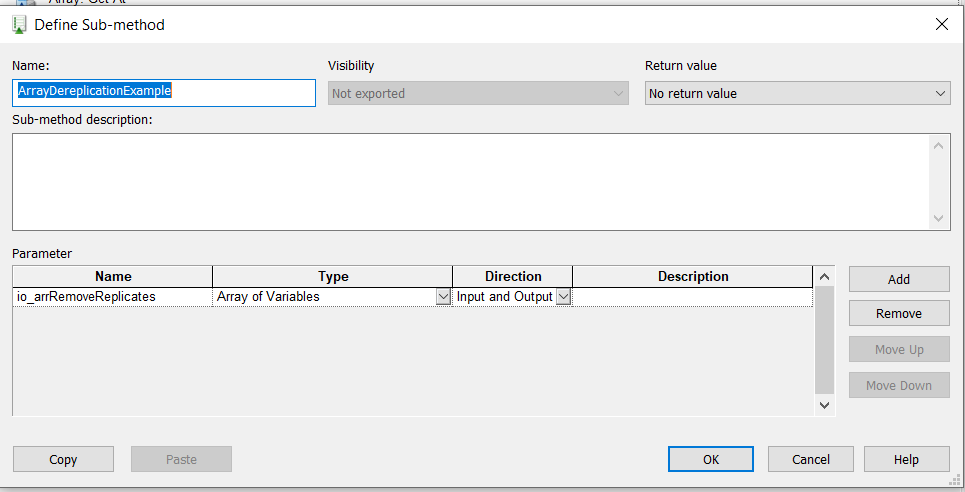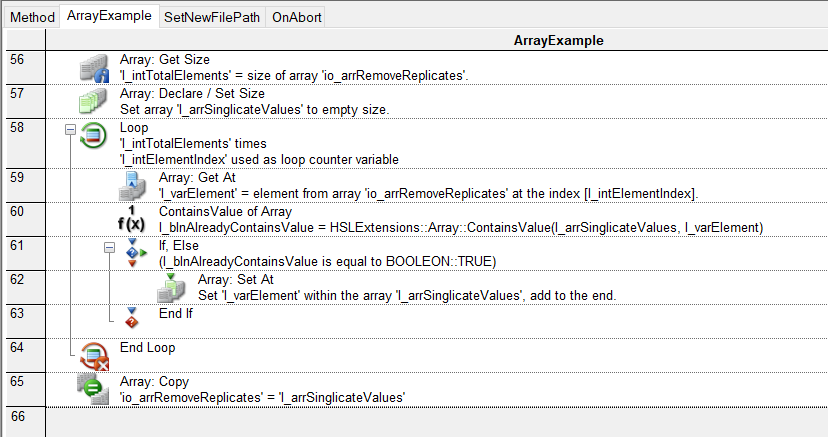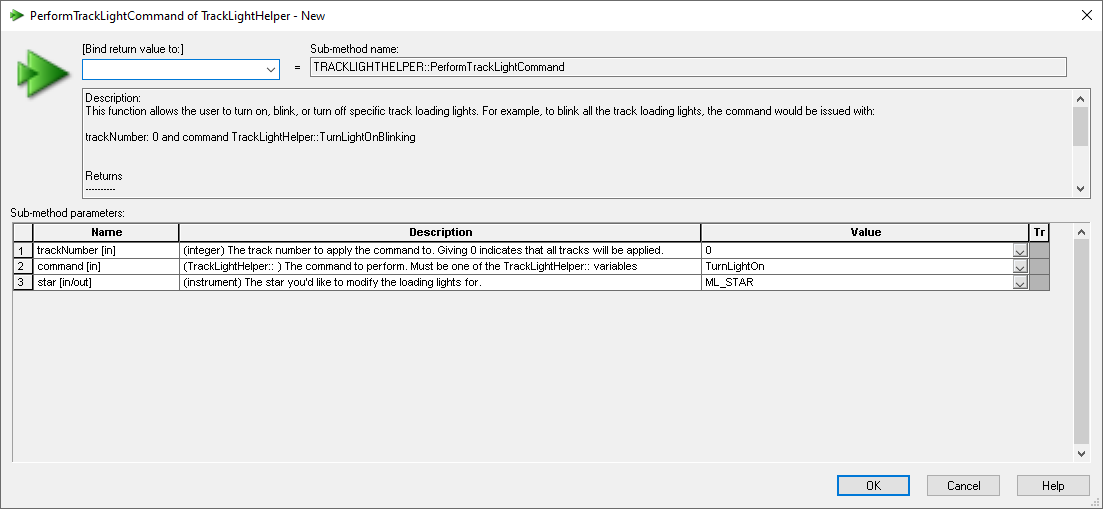Thank you Eric
@WilliamCham_Hamilton @EricSindelar_Hamilton Can Hamilton share methods and liquid classes for some commonly used applications and reagent kits?
you can create submethods.
I’ll work on preparing and compiling some example methods and liquid classes to share. I really appreciate everyone’s feedback and engagement on this forum. Given the activity, I’m working on allocating additional support resources to keep up with the demand! Please allow me some time to get that situated - my goal is to provide you all with expert support and quality materials.
For application-specific methods, I recommend contacting your local account manager and support team. Our platforms allow for a great deal of customization so a solution developed on one configuration may not match your setup. We do have our standardized solutions for many applications, but those are often on specific configurations, deck layouts, accessories, etc. Please message me if you’d like me to get in touch with your local team!
@EricSindelar_Hamilton don’t spread yourself thin! We love all the support you’re providing and hey as far as the community is concerned Hamilton seems to be the only one invested in this movement so slow clap for ya’ll.
I keep reaching out to other companies to try and get them to provide awesome live support on this forum with no response ![]()
Thanks, I greatly appreciate your understanding! Historically, our support team has been dedicated to direct sales support so contributing to a forum like this requires a bit of a pivot. It’s long overdue though and offers so much value. Hamilton wants our systems to be in use and enabling our customers to be increasingly adept and self-sufficient would help us achieve that goal!
@EricSindelar_Hamilton can you add the unique array library? It’s the library where an array of variables is inputed and it removes the duplicate data. Thanks.
@chips-a-hoai I am not aware of an HSL library that performs that function as is, but I have performed that functionality with the following example code. This can be re-used functionally through a local submethod or SMT library.
Pass the original array which may contain replicate element values into a submethod (method or SMT) as an in/out array of variables parameter:
Use the following logic to parse the array, only retrieve values that are unique, store into a temporary array, and then copy to overwrite the original array to only contain elements of unique values.
This uses the ‘ContainsValue’ functions of the Array library which installs with HSLExtensions, linked above, which queries an array as to whether or not any of its elements contain a value. This submethod will yield what you are after.
Hope this helps you!
No, I am not aware of any library for YAML and haven’t come across such a request previously. Can you provide a context for the need compared to alternatives? Internally, we’ve been using JSON more heavily, but we also have an option for XML.
YAML is highly more readable and in my experience scientists have a higher chance of being able to write it directly to describe processes given a template.
I normally think YAML, JSON, and XML as backend files whereas .csv or excel files are frontend files. All of the scientist I know prefers to see .csv and excel files.
Yeah, it’s basically for backend communication transfer, but your reminder about there being a JSON library would actually solve the same problem. Thanks!
As an aside: are there any docs on creating HSL libraries that rely on .net objects, like HSLJson? I am starting to write more in hsl code, and am thinking of creating a server library for example, but couldn’t really get a good idea of how to actually implement it. A lot of the existing library frameworks use .dlls which hide away some of the implementation…
@EricSindelar_Hamilton it looks like the TrackLightHelper library is expecting a namespace file that was not included in the download.
I’m sorry - what issues are you seeing? I’m not seeing any errors when I add the library or run it in simulation (system config has autoload set to available). It’s only one function:
List of commands available:
![]()
My mistake, I thought with the “::” it was expecting a namespace hsl file. I was just looking for the available command inputs. Thanks Eric
Hey all! Got a question for the forum. I installed the JSON library and, when using the installer, it urged me to navigate to the Library folder. So I did, but apparently the JSON installer adds files to both the Library and the Bin folders, so when it finished I had two new folders: Library>>Library and Library>>Bin. I deleted the new files and ran the installer again, but now it will not let me pick the location; it keeps installing to the same place. I think this is because it still detects that the JSON library is installed, even if the files are there.
Does anyone know how to completely uninstall a library? I know I can just move the files over, but for the specific project I am working on, it is important that the installation is done correctly. Please let me know if you have a solution to this problem!
Okay, never mind! Solved my own problem. In case anyone else runs into this, JSON is different than most of the other Hamilton libraries in that it also installs a program in Windows. So in order to completely remove it so you can repick the location (if necessary), it needs to be uninstalled from Windows settings.
To all the Hamilton guys out there: is there a library dealing with regular expressions RegEx?
Cheers
Max
@max - We do have a library supporting string match/replacement evaluation via regular expressions available here.
Regular expression support is a pretty uncommon request, so the library documentation is limited to the function parameters and return values, and assumes the programmer already has a working knowledge of regular expression language.
Hope this helps!
-Nick


